When Barbara King learned she’d be moving to a new affordable senior housing complex in Santa Rosa, she had one heartfelt request. She asked for an apartment with a view of the sunset.
King, 82, lost nearly everything in October 2017, when the deadly Tubbs fire destroyed her home and took the lives of 2 of her neighbors at the Journey’s End Mobile Home Park in Santa Rosa. She escaped with her 11-pound Shih Tzu, her portable oxygen, and the pajamas on her back.
Six years later, King is living at Laurel at Perennial Park, newly built apartments that stand on the former Journey’s End site. When all 3 phases of the complex are complete, it will include 162 affordable apartments for seniors.
“When I wake up in the morning, I’m very grateful and thankful,” King said of her new, third-floor, 2-bedroom corner apartment that has windows with a view of the sunset.
“I’ve recovered from a lot of heartaches, and watching these sunsets, seeing something beautiful, is part of that,” she said. “People need to know, you can recover.”
Early dollars were essential
Burbank Housing and Related California, the developers of the affordable housing portion of Perennial Park, used an array of funding sources to finance the project. Those sources included low-income housing tax credits, disaster-related government grants, and support from Kaiser Permanente.
Kaiser Permanente contributed pre-development funding, including a $1.6 million fire-recovery grant and a $1 million low-interest loan through its Thriving Communities social impact investment fund, made through its partnership with Enterprise Community Partners.
Burbank Housing’s Director of Housing Development, Jocelyn Lin, said the timing of both the grant and low-interest loan was critical.
“There’s a lot of work that needs to be done before construction, and without those early dollars, it would’ve been difficult to get the project off the ground,” Lin said.
Since the launch of its Thriving Communities social impact investment fund in 2019, Kaiser Permanente has invested $273 million in affordable housing and economic development projects in the communities it serves. That includes $114 million invested in Northern California housing projects that produced or preserved 4,800 units of affordable housing.
“This is one of the many ways we go beyond grantmaking and use our assets to improve health in the community,” said Yvette Radford, vice president, External and Community Affairs, Kaiser Permanente Northern California. “Safe, affordable housing is essential to good health, and it’s critical to our work to address homelessness.”
A leader in impact investing
While traditional investments are often made with a goal of maximum financial return, impact investments are intended to generate both positive social or environmental good and a modest return.
Kaiser Permanente and its social impact investment partners offer affordable housing and economic development project leaders lower interest loans than they’d be able to secure from a traditional bank. These loans are often granted early on in a project — when most banks are unwilling to take a risk.
In 2018, Kaiser Permanente launched The Thriving Communities Fund with $200 million, making it an impact investment leader for the health care sector. It doubled the fund to $400 million in 2022. The fund’s goal is to create or preserve 30,000 units of affordable housing in the communities Kaiser Permanente serves by 2030. It also aims to support inclusive economic development in lower-income neighborhoods that have been historically unsupported by traditional banks.
“We want to provide money where few others are doing so,” said Joanne Lee, manager of the Thriving Communities Fund. “We’re trying to get as much impact out of our money as possible.”
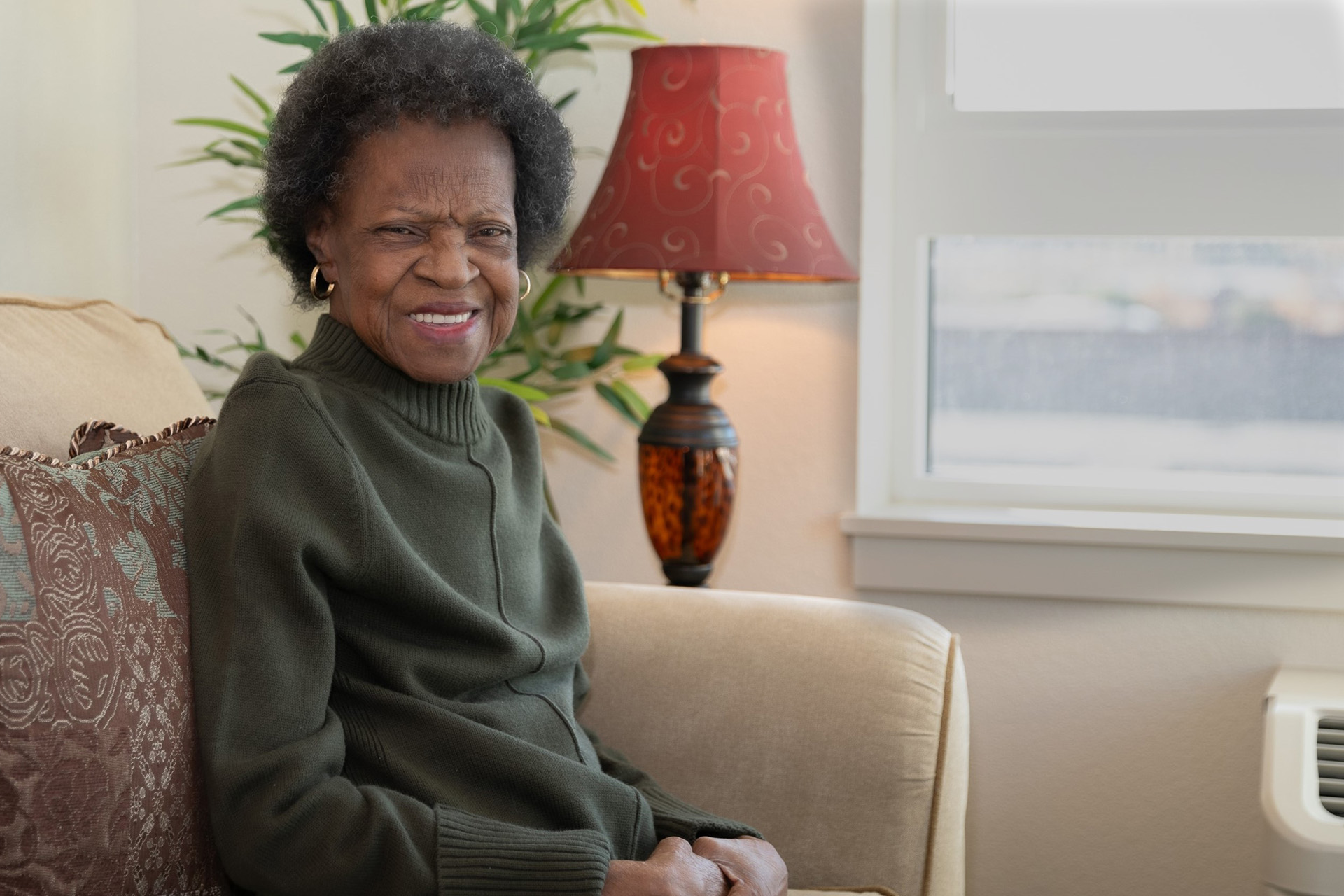
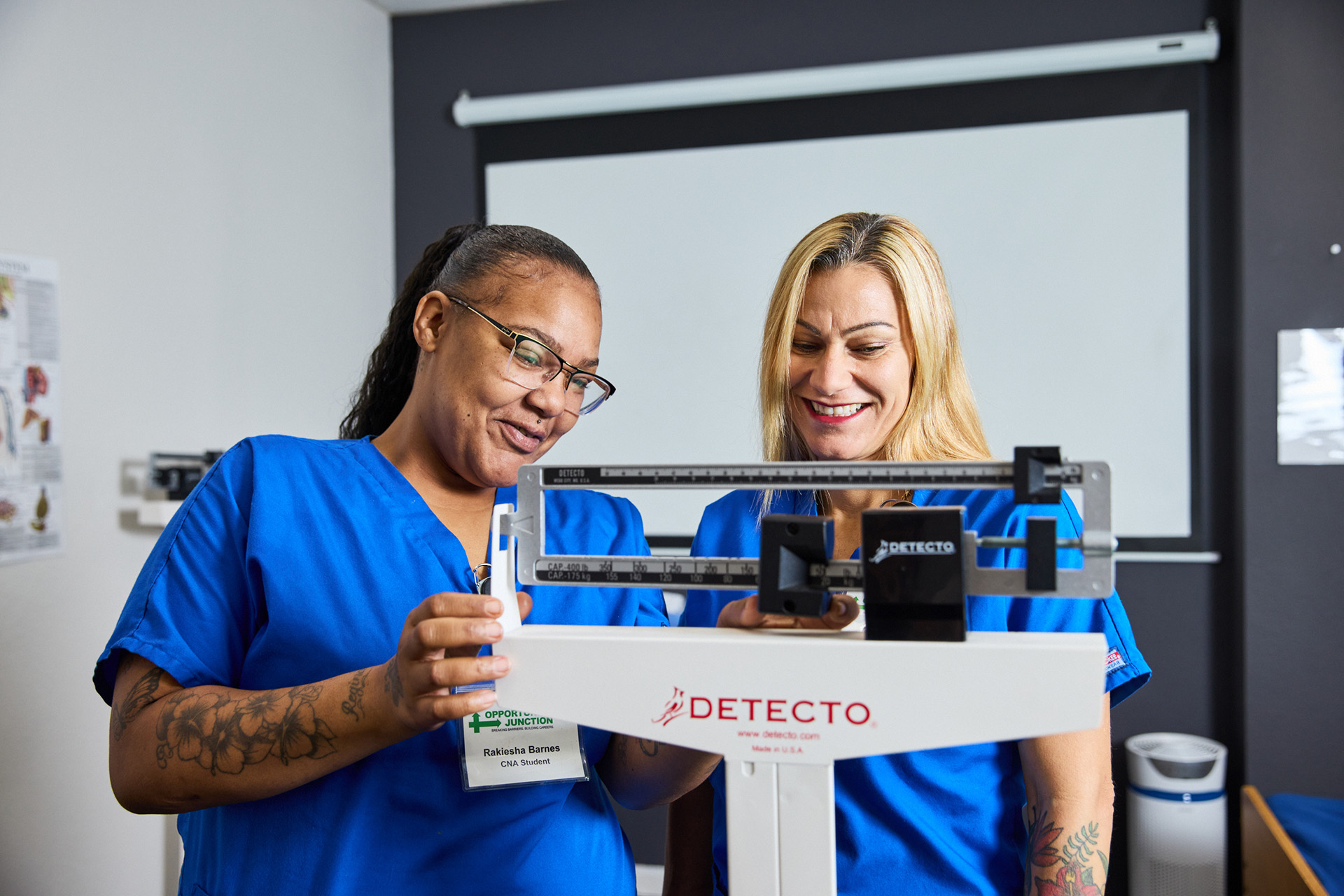
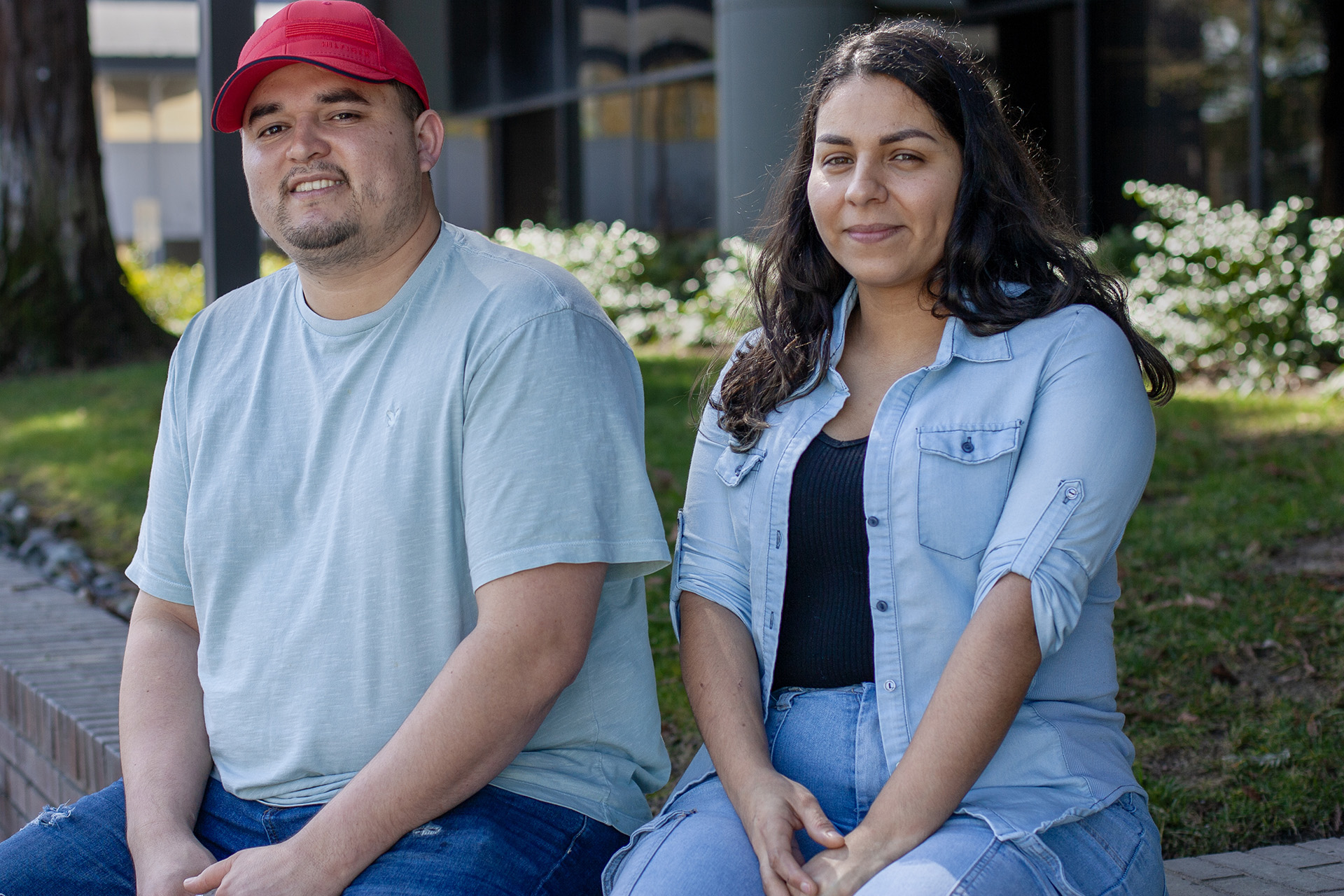
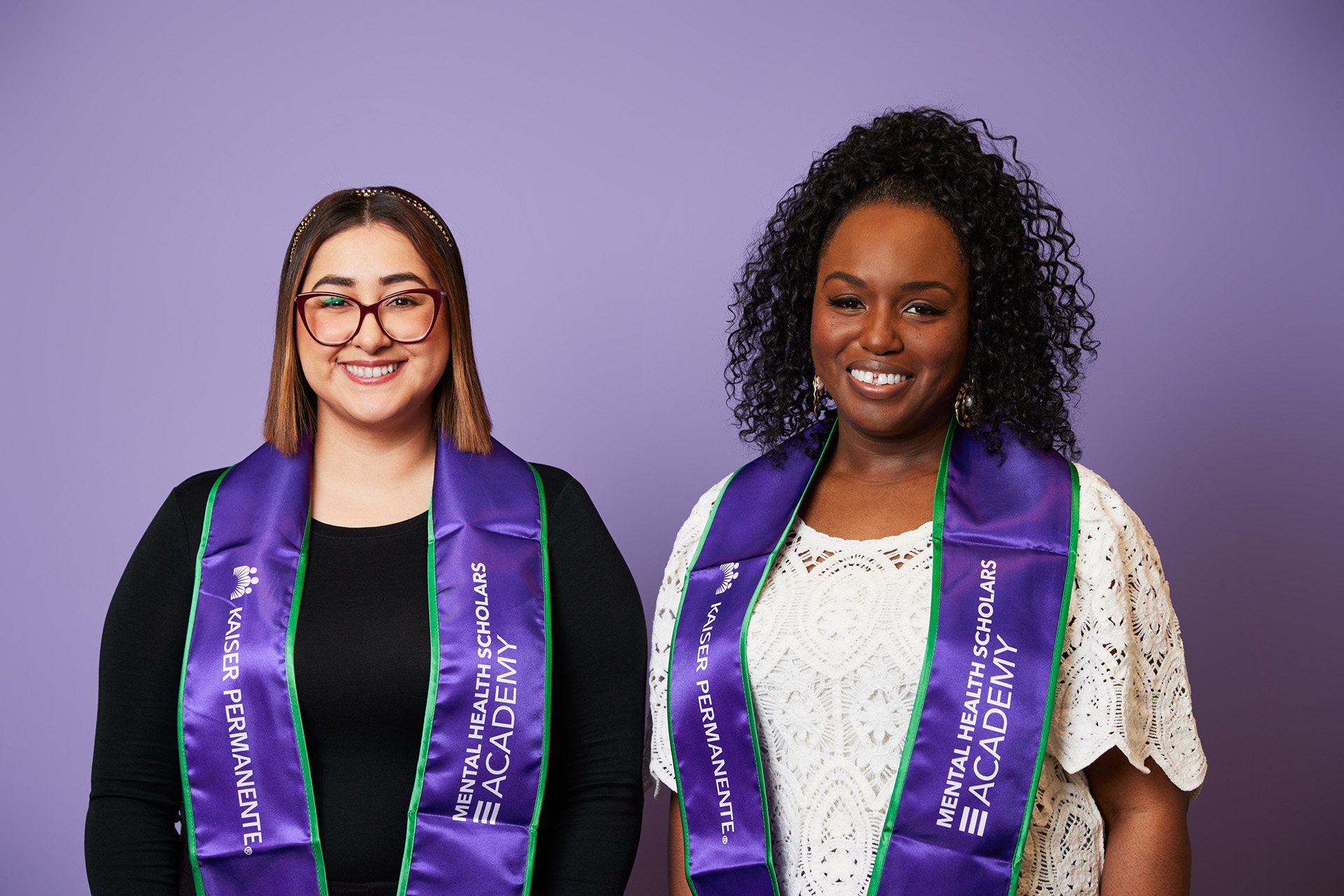
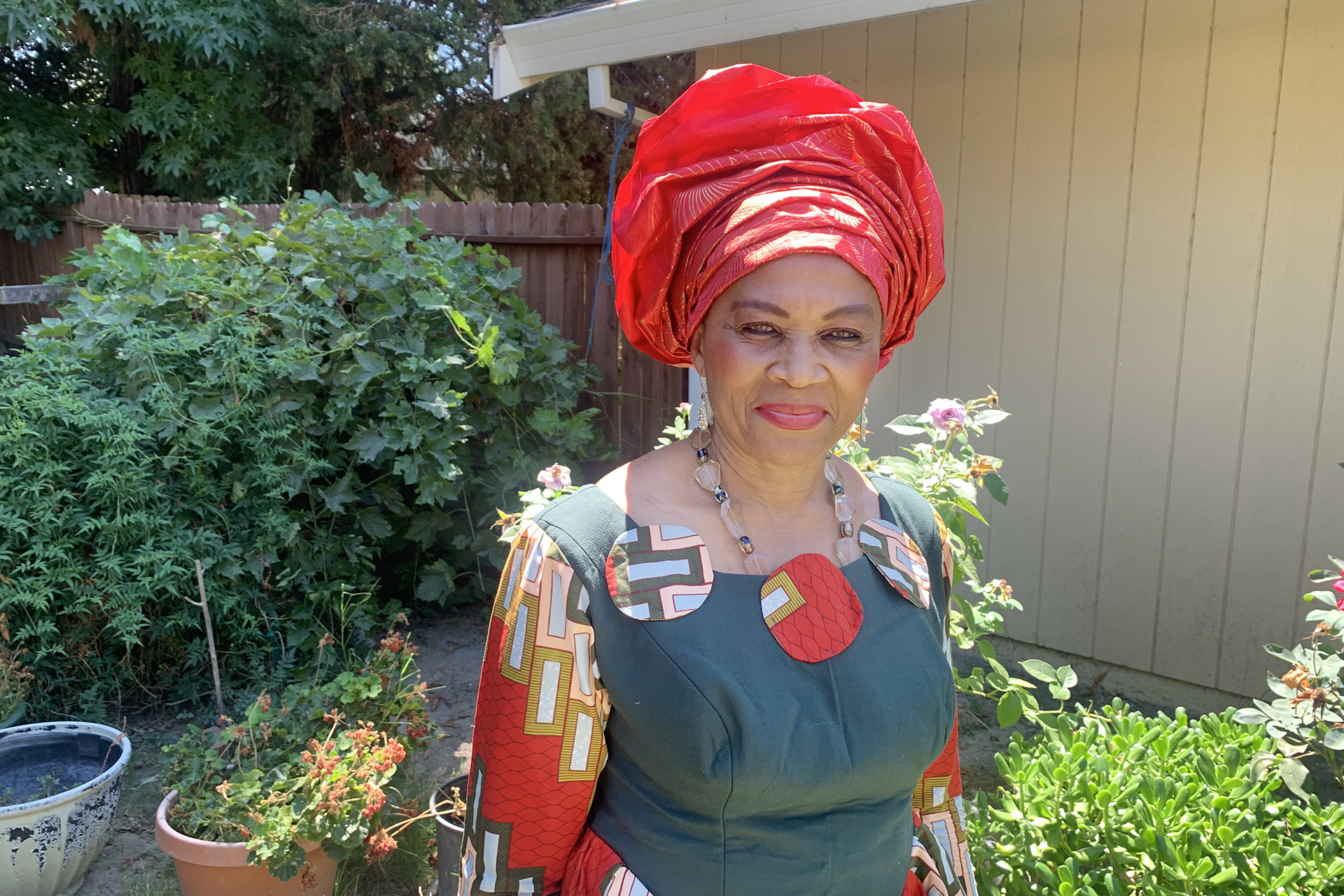
This Post Has 0 Comments